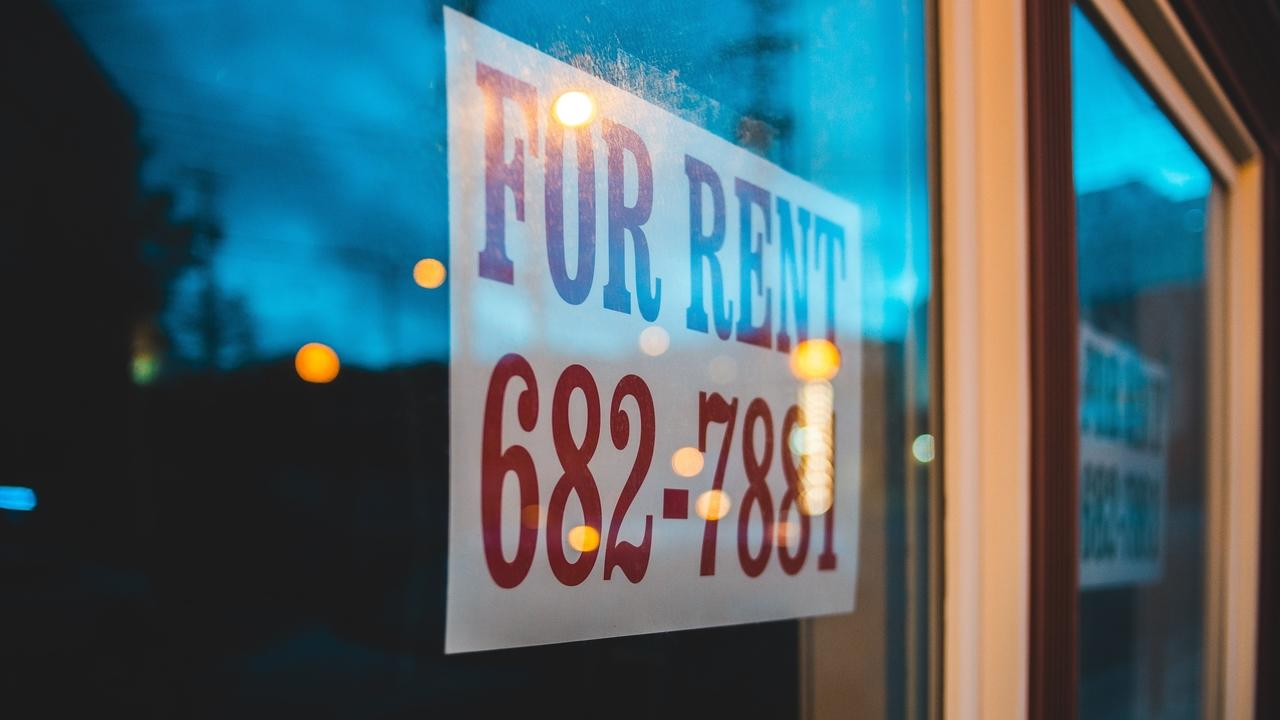Real Estate Investing Part II
Jun 19, 2020
By Glenn J. Downing, MBA, CFP®
Some of the biggest fortunes made in the United States have been made in real estate. Think about it: you use someone else’s money (via a mortgage) to make a purchase. It is a passive investment in that you collect the rents, pay the bills, and keep what’s left over. Not only that, but while you’re collecting those rents, the property is appreciating in value, and you’re paying the mortgage down. So by the end of the year you have profited in three ways!
Previously, in Part I, I used an example of a rental condo apartment. Here in Part II I'll evaluate the purchase of a single-family home.
In this example the numbers work
Income
I’ll use a different data set than in Part I. Now you’re purchasing a single family residence for $350,000, again with 20% down. You can rent the house for $2800/month. The annual income is $33,600.
Expenses
Expenses: 10% allowance for vacancies, $3360. $1200 allowance for repairs and another $1200 allowance for capital improvements. Property tax, $4500. Insurance, $2500/year. No HOA here. The tenant pays all utilities. Mortgage, financing $280,000 at 3% over 30 years, $1180.49/month or $14,166 per year. All of this totals $26,626.00.
Profit
Do the math, and your profit is $6674/year. Divide that by your down payment of $70,000, and the return on cash invested is 9.5%. This exceeds the 8% opportunity cost mentioned in Part I.
Return on Equity
During the first year you would have reduced the mortgage principal by $5845. Additionally, the property value went up by 2%, or $7000. So on top of your positive cash flow of $6674/year, your equity has increased by $12,845. Pretty good.
There’s one more statistic to use for evaluative purposes: ROE. Here you’re dividing your total return ($6674 cash flow, $5845 mortgage reduction, and $7000 price increase) $19,519 by your initial equity in the property, which is your 20% down payment of $70,000. Your ROE in this case is 27.88%! Pretty impressive.
Are there secrets to this?
My context here is investment property as a retirement venture. The handier your are – the more repairs you can do on your own – the lower your expenses will be. Do you mind tenants calling you? If so you’ll need to hire a property manager. A typical rate is 10% of the rental income. Who will vet the tenant applicants? You’ll need to have a real estate attorney to work with, to prepare leases and be on call for evictions.
Murphy’s Law still obtains out there: if anything can go wrong, it will. On the other hand, you can make a lot of money. Managing investment properties can be a great avocation for the right retiree – something constructive to do that can build some serious equity. There’s a progression to this, too: When your equity becomes so strong in a particular property, it may make sense to take some of it out to buy the next property. That is how real estate portfolios are built.
What if there's no inflation in the local housing market, and you don't get that 2% increase? Then your ROE isn't as large. You still profit from the tenant paying down your mortgage, and you still a positive cash flow.
Is it absolutely, positively necessary to keep those three allowances? They are allowances for vacancy, repairs, and capital improvements. I'd say yes, but the amount is a judgment call. If you purchase a property that is new and you're the first owner, then you can probably err on the lower side of an allowance for repairs.
You might be interested in some of my other real-estate themed posts:
Using an IRA for a First Home Purchase
Should I pay my Mortgage Off Early?
Your First Home Purchase Part 1
Your First Home Purchase Part 2
Get in touch!
Questions? Feel free to get in touch with us at [email protected] Also follow us LinkedIn, Facebook, Instagram, and YouTube for more personal financial information relevant to you!
Stay connected with news and updates!
Sign up for our monthly newsletter for more personal finance and market insights.
We hate SPAM. We will never sell your information, for any reason.

